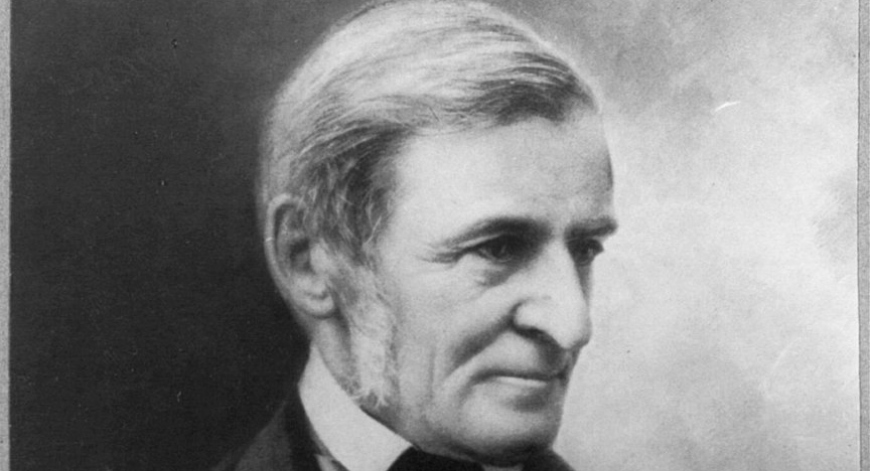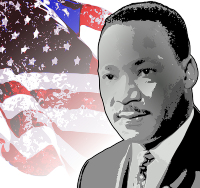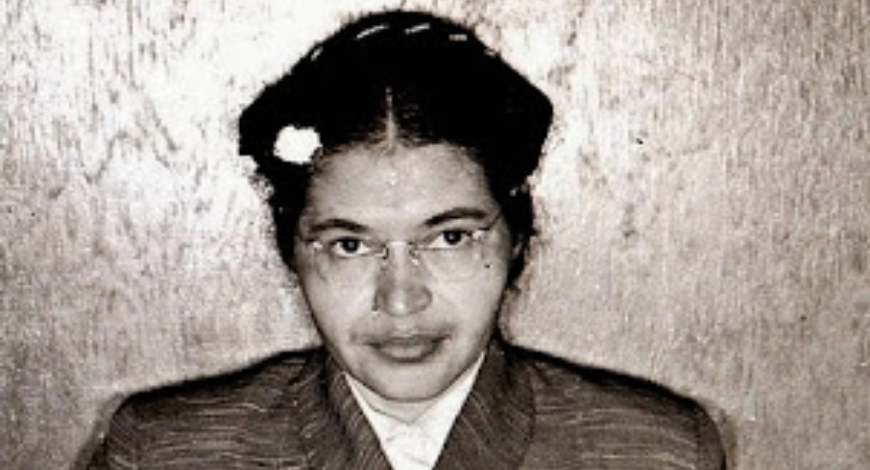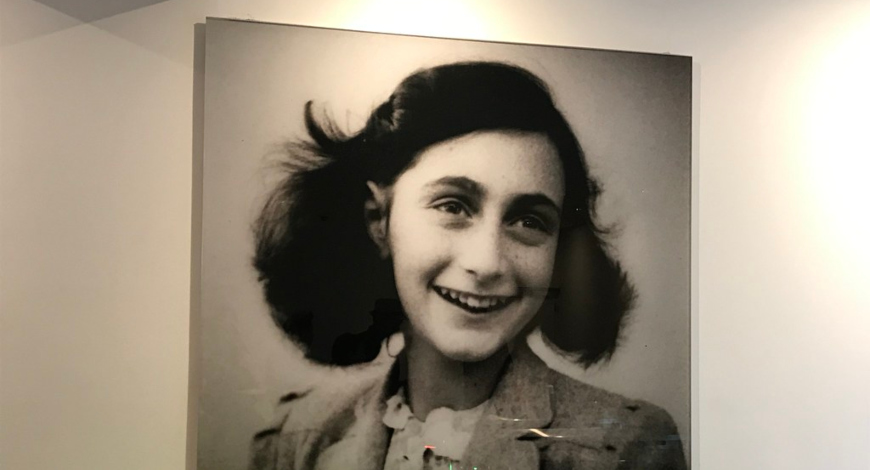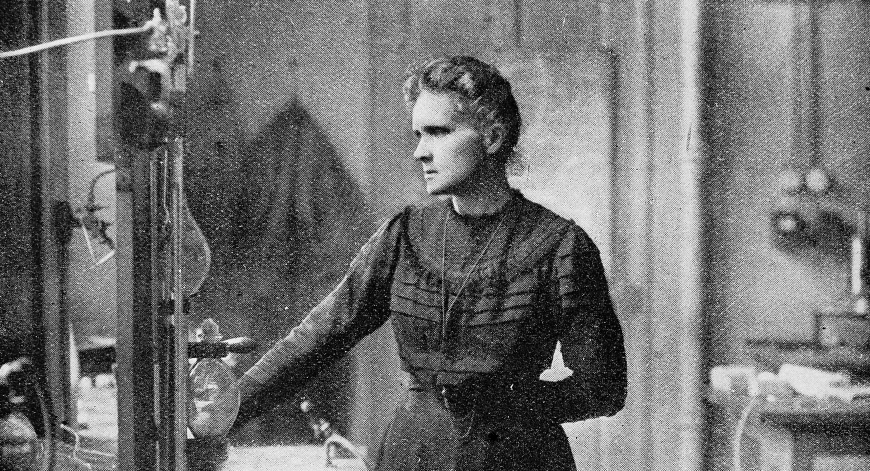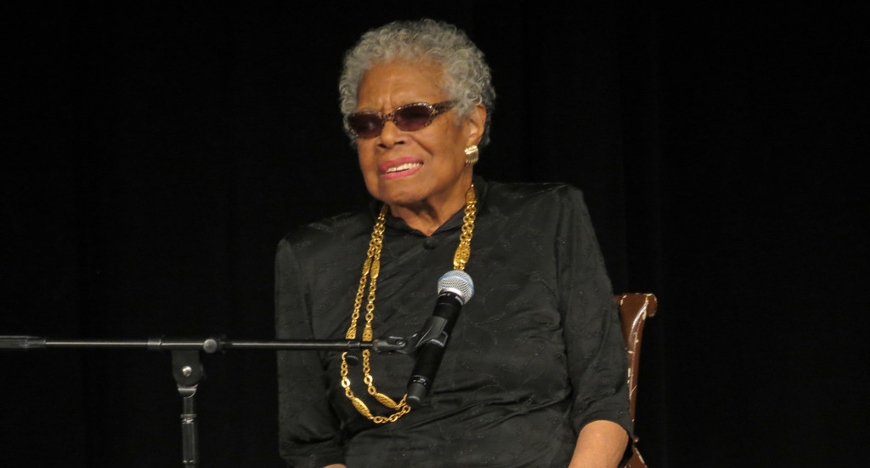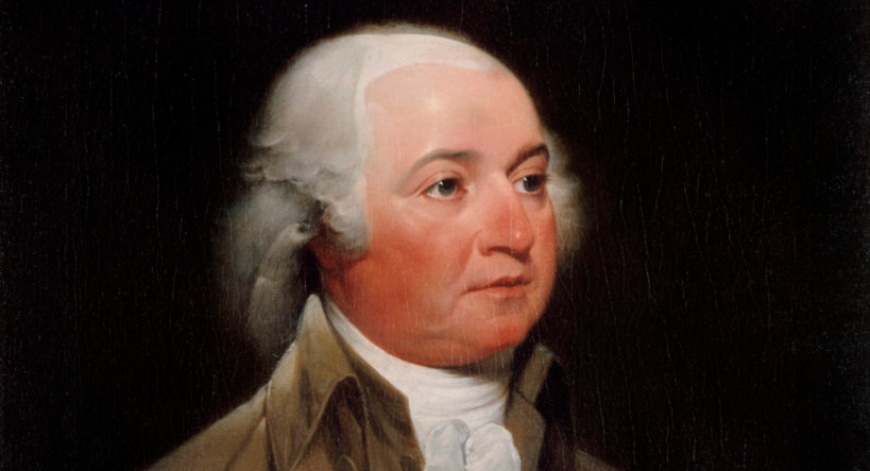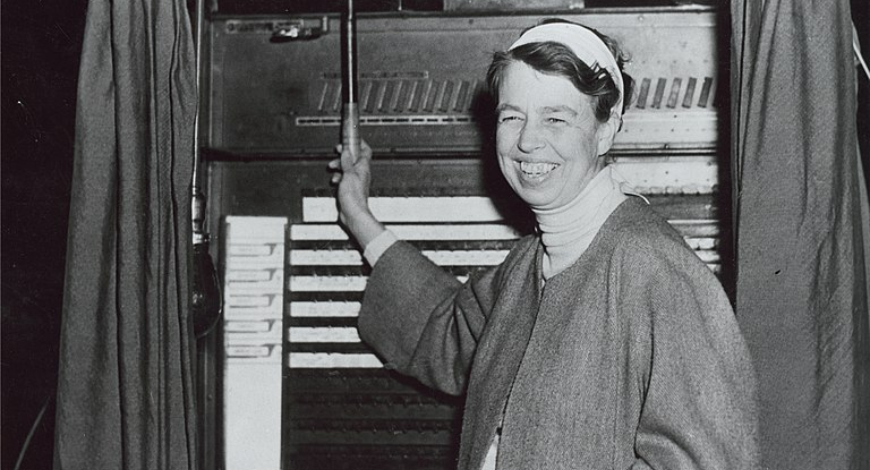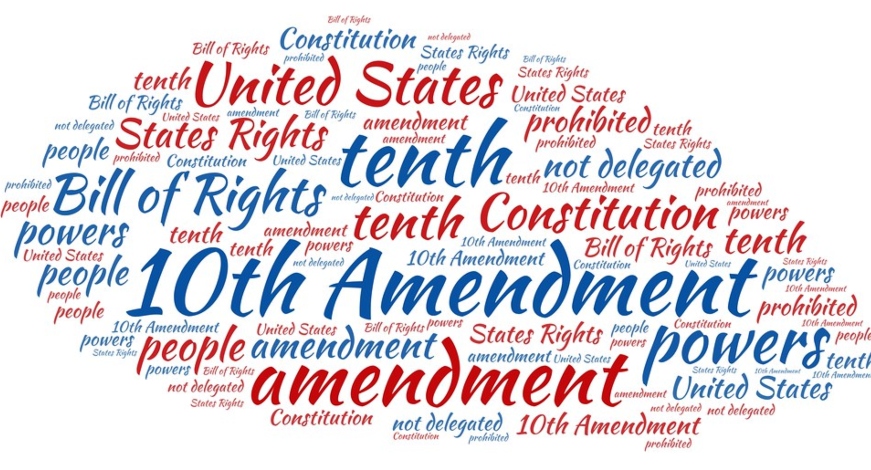The power of self-awareness isn’t obvious to us. So often we feel ourselves to be at the mercy of life. Life just happens to us. When things don’t go our way, we often throw our energies into changing other people and events to make things right. But maybe our efforts to change the world are futile. Maybe the only thing we really have control over is our attitude towards what happens. If we realize this, then we can find the strength, peace and acceptance we’re looking for.
Everybody respects heroes because they rise above average to do extraordinary things. Common wisdom sees heroism as something you attain by serving others. It’s that firefighter who saves lives or that doctor who finds a cure for a disease. But maybe heroism doesn’t require such remarkable work. Maybe if we just put trust in who we are and emanate confidence, then that will make us a hero.
“Letter from Birmingham Jail” by Martin Luther King Jr. is a powerful text that many credit as the direct inspiration for the Civil Rights Act of 1964. In the letter, King outlines the careful decision-making that went into timing his …
Fear is a force that is so debilitating for kids and adults alike. Fear obstructs clear thinking and fuels anxiety in a way that makes it hard to work and be successful on anything. Often, uncertainty is behind our fears. When we don’t know what to do, we become afraid of what the future has in store for us. Yet sometimes knowing what to do actually inspires our fear. Successful management of our fears is a life-long challenge.
While it is true that education is valuable to all of us at any age, it is also true that our energies and resources are limited and must be used wisely if we want to change the world into something better. Some say that children should be the focus because their minds are more easily shaped and influenced; others suggest that adults– who are actually in positions of power and influence– should take a front-and-center importance to our efforts to change minds and improve the world.
When students are told they can change the world, many don’t believe it. They think that making the world a better place is a task for the people who are in power, not the average person. But doing small things can make a big difference. What a person does in the classroom, at his/her school or in the community can provide the soil for real change. But it’s hard work and it requires patience and hope and faith in the future, and those virtues are really hard to cultivate.
So many of our students feel pressure to be the perfect athlete, student or friend. This feeling is accompanied by a pervasive fear of failure and the possibility that they might let others down. When they fall short of perfection, students have important decisions to make about whether to keep pursuing it or be okay with something less. The decisions they make shape their sense of self-worth and draw the contours of their future relationships.
Adults sing the praise of the importance of patience. The advice to kids usually goes something like this: if you are patient and work hard over time, you put yourself in a position to accomplish great things. Success never comes easy. Life is a grind and you should develop a growth mindset to persevere through it. Though sometimes a person’s life experiences seems to teach the opposite lesson; that sometimes going after what you want quickly and aggressively will lead to even greater accomplishments. Impatience can be a virtue as well.
Trust requires that you must set aside your feelings of suspicion and agree to work with people in good faith. Sometimes, trust is so hard to attain, whether it be on the playground, in the classroom or with your friends. Yet, to live and solve problems with other people, we need to trust them. Trusting others will sometimes lead us into grim disappointment but it can also restore our faith in humanity. Building trust is a skill and must be practiced over time to see and reap its benefits.
Students are no strangers to power. They have parents, coaches and teachers exerting power over them and telling them what to do. Students slowly develop a moral sensibility towards authority figures and are quick to point out when they feel power is being used in negative and positive ways.
All students know at some level what it feels like to be humiliated. When this happens, the person who is hurt has a decision to make– he/she can either buy into the criticism and be made to feel small and insignificant or he/she can resist feelings of inferiority and defeat the criticism through positive thinking. It takes tons of energy to build and maintain a strong self-esteem in the midst of criticism and humiliation but it’s energy well spent and leads to the development of a strong character.
I may have stumbled into a way to 1. inspire students to ask more questions 2. encourage close reading of a primary source 3. save time Back story: Around 10 years ago I watched my student teacher try a strategy …



